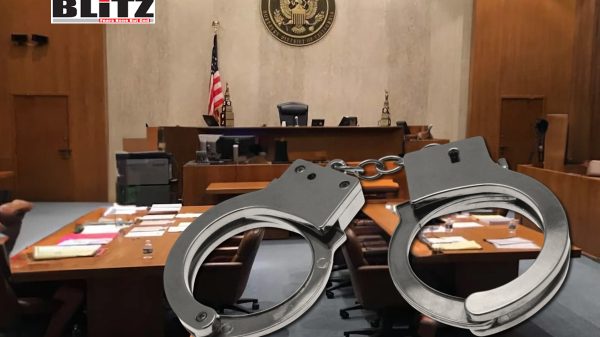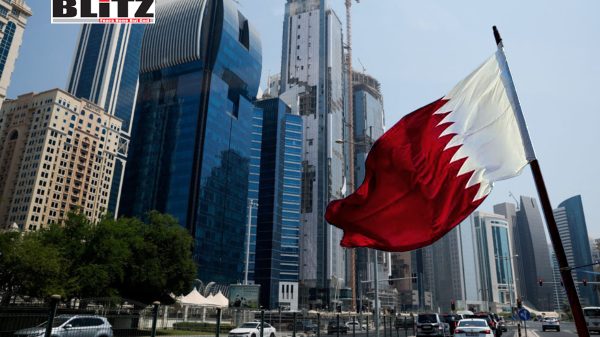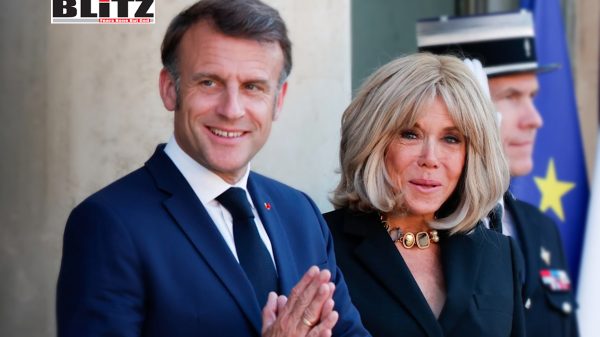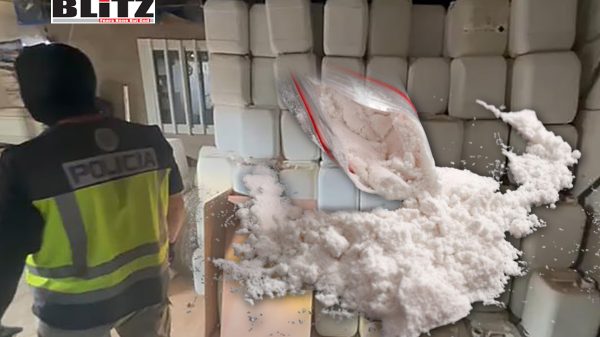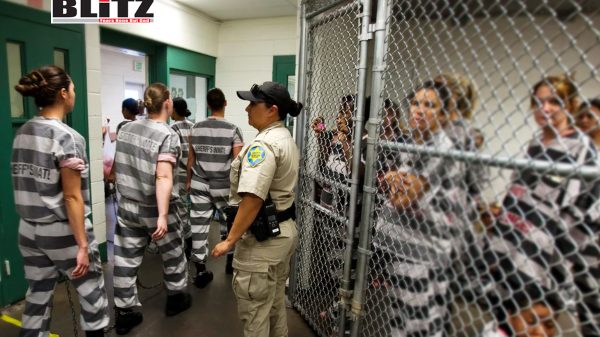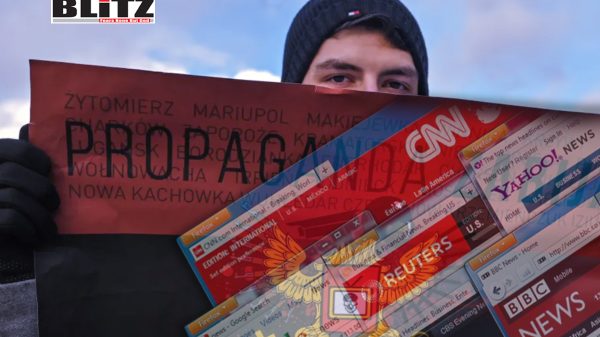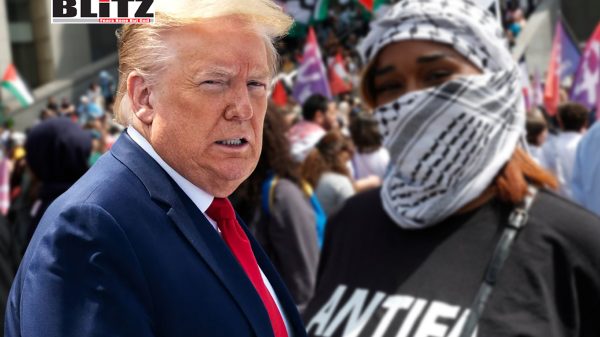US sanctions Los Mayos faction of Sinaloa Cartel amid escalating violence
- Update Time : Saturday, September 20, 2025
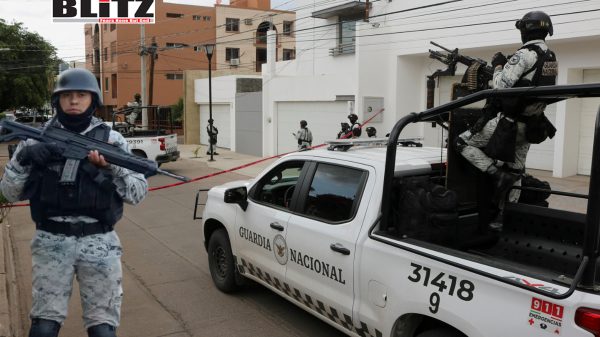
The United States has taken another step in its ongoing campaign to disrupt the operations of Mexico’s most notorious criminal organizations, announcing sweeping sanctions against the Los Mayos faction of the Sinaloa Cartel. The US Treasury Department revealed that its Office of Foreign Assets Control (OFAC) has designated the cartel’s armed leader, Juan Jose Ponce Felix-known by his alias “El Ruso”-alongside five other individuals and 15 companies allegedly tied to the group’s criminal empire in Baja California.
The move represents the latest in a series of US efforts to crack down on the powerful transnational drug cartels that have devastated communities on both sides of the border with their trafficking networks, violence, and deep-rooted corruption. The sanctions block access to any property or financial interests held in the United States and prohibit Americans from conducting business with the designated individuals and entities.
According to the Treasury Department, Los Mayos maintains control over several key drug trafficking corridors along the Pacific coast of Baja California, which serve as a crucial gateway for smuggling narcotics into the United States. The group is accused of producing and distributing fentanyl, methamphetamine, and cocaine at an industrial scale-substances that continue to fuel America’s opioid crisis and record overdose deaths.
The cartel reportedly launders its profits through a sophisticated network of legitimate-looking businesses, including bars, restaurants, and resorts scattered across tourist destinations in Mexico. Officials say these enterprises serve as both fronts for illegal proceeds and tools for embedding cartel influence into the region’s economic and political life.
“Los Mayos’ reliance on corruption, extortion, and migrant smuggling underscores their threat to both Mexican communities and US national security,” the Treasury stated. The sanctions are intended not only to freeze assets but also to sever the faction’s ability to move money internationally, a critical blow to an organization that thrives on illicit financial flows.
At the center of the sanctions is Juan Jose Ponce Felix, or “El Ruso,” a feared enforcer who rose to prominence as the leader of Los Mayos’ armed wing. El Ruso is believed to command a private army that engages in open confrontations with rivals and security forces alike, ensuring cartel dominance over territory. His notoriety has grown in recent years as violence between rival Sinaloa factions intensified.
Reports indicate that El Ruso has also cultivated close ties with corrupt local officials, securing safe passage for shipments and shielding his operations from law enforcement scrutiny. US authorities describe him as one of the most dangerous figures in northern Mexico, whose reach extends beyond drug trafficking into extortion, human smuggling, and regional political influence.
The sanctions come against the backdrop of an increasingly fractured Sinaloa Cartel, once considered the world’s most powerful drug trafficking syndicate under the joint leadership of Joaquin “El Chapo” Guzmán and Ismael “El Mayo” Zambada. Following El Chapo’s arrest and extradition to the United States, the cartel splintered into warring factions: Los Mayos, loyal to Zambada, and Los Chapitos, led by El Chapo’s sons.
The rivalry between these factions has unleashed waves of violence across Mexico, particularly in Sinaloa State. Clashes have claimed more than 1,000 lives in recent years, according to Mexican government estimates. Civilians often find themselves caught in the crossfire, with entire communities displaced or terrorized by cartel blockades, kidnappings, and assassinations.
In 2023, the Treasury sanctioned Los Chapitos, citing their pivotal role in the production and distribution of fentanyl. The decision to now target Los Mayos underscores Washington’s recognition that both factions represent equal threats to regional stability and public health.
While the sanctions reflect Washington’s determination to choke off cartel resources, they also highlight the challenges of US-Mexico cooperation in combating organized crime. Mexican President Andrés Manuel López Obrador has pursued a controversial security strategy of “hugs, not bullets,” prioritizing social programs over direct military confrontation with cartels. Critics argue this approach has emboldened groups like Los Mayos, allowing them to expand territorial control and diversify their criminal portfolios.
The Biden administration has pushed Mexico to do more in combating fentanyl production and precursor chemical smuggling, pressing for deeper collaboration between Mexican law enforcement and US agencies such as the DEA. Yet tensions remain, particularly after Mexico passed legislation restricting foreign agents’ operations within its borders.
By targeting cartel-linked businesses, the US hopes to pressure Mexico into more aggressively dismantling the financial infrastructure that allows criminal organizations to thrive. However, without strong domestic enforcement in Mexico, experts warn that sanctions may have limited effect, as cartels often find new intermediaries or shell companies to replace those exposed.
Beyond financial networks and international diplomacy, the real impact of Los Mayos’ operations is felt in the rising body count and social breakdown across Mexico and the United States. In Sinaloa, entire towns have been scarred by violence stemming from clashes between Los Mayos and Los Chapitos. Families are displaced from their homes, while businesses are forced to pay extortion fees or face brutal retribution.
In the US, fentanyl remains the deadliest driver of the opioid crisis, killing tens of thousands annually. The drug’s potency and low production cost make it a preferred export for groups like Los Mayos, who exploit America’s demand for narcotics to generate billions in profits. Treasury officials emphasized that their latest action seeks to address not only crime in Mexico but also the devastating public health consequences within the United States.
The designation of Los Mayos and El Ruso is unlikely to end the cartel’s operations overnight. History has shown that criminal groups adapt quickly to external pressure, shifting leadership, tactics, and financial strategies in response to law enforcement crackdowns. Still, US officials maintain that each sanction weakens the cartel’s ability to operate, limits its access to international financial systems, and raises the cost of doing business.
For Washington, the battle against the Sinaloa Cartel is part of a broader effort to curb the flow of synthetic drugs, combat money laundering, and address transnational organized crime. For Mexico, the sanctions serve as another reminder of the immense challenge posed by cartels that wield as much power as state institutions in certain regions.
As the rivalry between Los Mayos and Los Chapitos intensifies, and as US demand for narcotics shows no sign of abating, the cycle of violence, corruption, and addiction remains entrenched. The latest sanctions are a step in the right direction, but without coordinated action and political will on both sides of the border, the shadow of the Sinaloa Cartel will continue to loom large.


